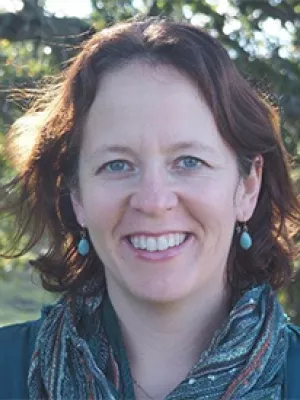
Kimberly Nicholas
Senior Lecturer, Docent

Climate science curricula in Canadian secondary schools focus on human warming, not scientific consensus, impacts or solutions
Author
Summary, in English
Despite an overwhelming scientific consensus that climate change poses severe risks to human and natural systems, many young Canadian adults do not view it as a major issue. We analyzed secondary science curricula in each province for their coverage of climate change according to six core topics: physical climate mechanisms (“It’s climate”), observed increase in temperature (“It’s warming”), anthropogenic causes of warming (“It’s us”), scientific consensus (“Experts agree”), negative consequences associated with warming (“It’s bad”), and the possibility for avoiding the worst effects (“We can fix it”). We found that learning objectives tend to focus on knowledge of the first three elements, with little or no emphasis on scientific consensus, climate change impacts, or ways to address the issue. The provinces of Saskatchewan and Ontario provide the most comprehensive standards for climate change education, while Nova Scotia and New Brunswick provide the least. We conducted interviews with individuals responsible for curriculum design in six different provinces to understand how curriculum documents are developed and whether political controversies influence the writing process. Interviewees described a process relying on input from professionals, institutions, and members of the public where curriculum developers made decisions independent of political concerns. In some cases, efforts to provide balance may have led to a focus on social controversy, contrary to overwhelming scientific consensus. Curriculum documents are the basis for teacher instruction and textbook content; aligning these documents with the best possible evidence can improve student learning and engage the next generation of Canadians on the critical issue of climate change.
Department/s
- LUCSUS (Lund University Centre for Sustainability Studies)
- BECC: Biodiversity and Ecosystem services in a Changing Climate
Publishing year
2019-07-18
Language
English
Publication/Series
PLoS ONE
Volume
14
Issue
7
Document type
Journal article
Publisher
Public Library of Science (PLoS)
Topic
- Climate Research
- Pedagogy
Status
Published
Project
- Sustainability and climate education
ISBN/ISSN/Other
- ISSN: 1932-6203